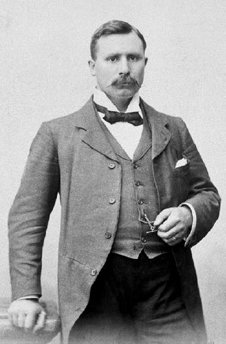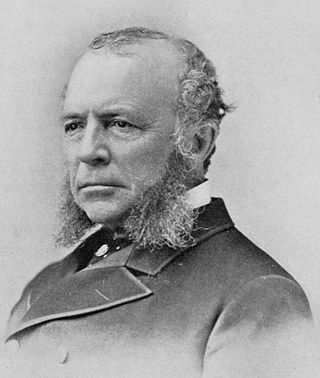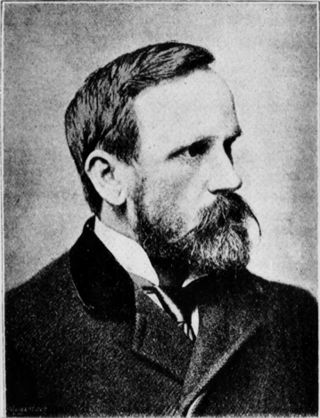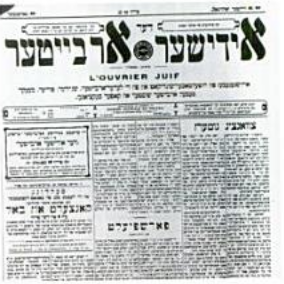Related Research Articles

The Independent Labour Party (ILP) was a British political party of the left, established in 1893 at a conference in Bradford, after local and national dissatisfaction with the Liberals' apparent reluctance to endorse working-class candidates, representing the interests of the majority. A sitting independent MP and prominent union organiser, Keir Hardie, became its first chairman.

The Scottish Labour Party (SLP), also known as the Scottish Parliamentary Labour Party, was formed by Robert Bontine Cunninghame Graham, the first socialist MP in the Parliament of the United Kingdom, who later went on to become the first president of the Scottish National Party, and Keir Hardie, who later became the first leader of the Independent Labour Party and the Labour Party.

Thomas Mann, was an English trade unionist and is widely recognised as a leading, pioneering figure for the early labour movement in Britain. Largely self-educated, Mann became a successful organiser and a popular public speaker in the British labour movement.

Edward John Phelps was a lawyer and diplomat from Vermont. He is notable for his service as Envoy to Court of St. James's from 1885 to 1889. In addition, Phelps was a founder of the American Bar Association, and served as its president from 1880 to 1881.

Horace French Graham was an American politician who served as the 56th governor of Vermont from 1917 to 1919.

Henry Hyde Champion was a socialist journalist and activist, regarded as one of the leading spirits behind the formation of the Independent Labour Party. Up to 1893, he lived and worked in Great Britain, moving after that date to Australia.
Cowlairs Football Club was a 19th-century football club from the Cowlairs area of Glasgow in Scotland. The club was of the founder members of the Scottish Football League in 1890, and played at Springvale Park during their time in the league.

Commonweal was a British socialist newspaper founded in 1885 by the newborn Socialist League. Its aims were to spread socialist views and to win over new recruits.

Joseph Burgess (1853–1934) was a British journalist, writer and Labour politician.
Michael Maltman Barry, often known as Maltman Barry, was a Scottish political activist who described himself as a Marxist but stood in elections for the Conservative Party.
The Yorkshire Factory Times was a British newspaper, founded in 1889. It was published weekly between 3 January 1890 and 29 December 1899. The newspaper was initially edited by Joseph Burgess and published from Huddersfield. The Yorkshire Factory Times was sold at the price of one penny.
The Labour Pioneer was a monthly socialist periodical issued from Cardiff, Wales between February 1900 and November 1902. It was an organ of the Cardiff Socialist Party and the Cardiff Trades Council. It carried the by-line 'Organ of the Cardiff Socialist Party'. The Cardiff Socialist Party had been formed in 1900 by the fusion of the local Cardiff branches of the Independent Labour Party and the Social Democratic Federation. The editorial board of The Labour Pioneer contained various representatives of local trade councils and trades unions. However whilst officially being a publication of the local Labour Representation Committee, The Labour Pioneer functioned as an unofficial Independent Labour Party organ.

Der yidisher arbeyter was a Yiddish-language labour movement journal published from Paris, France. It was the first full-fledged Jewish labour periodical in the country, and catered to the Jewish branches of the Confédération générale du travail (CGT). It was the monthly organ of the Intersektionen Byuro, the coordination of Jewish trade union branches of the CGT. The first issue appeared on October 9, 1911. Der yidisher arbeyter represented a crossroads between the French labour movement and the Central and European Jewish culture.
Charles Allen Clarke (1863–1935), most widely known as C. Allen Clarke, was an English working-class humorist, novelist, journalist and social investigator from Lancashire. An Independent Labour Party (ILP) member and friend of Robert Blatchford, Clarke succeeded Joseph Burgess as editor of the Yorkshire Factory Times.
The following is a timeline of the history of the city of Burlington, Vermont, USA

George H. Guernsey was an American architect from Montpelier, Vermont.
Arthur George Field was a British trade unionist and socialist activist.

George H. Morse was businessman and local government official in Burlington, Vermont. A Republican, he served as mayor of Burlington from 1883 to 1885.
The Graham Charity Cup was an association football competition. It was open to clubs in the East End of Glasgow, Scotland. It was a short-lived competition that lasted between 1888 and 1893.
References
- 1 2 Mutch, Deborah. English Socialist Periodicals: 1880-1900 : a Reference Source . Burlington, VT: Ashgate, 2005. p. 2
- 1 2 Barrow, Logie, and Ian Bullock. Democratic Ideas and the British Labour Movement, 1880-1914 . Cambridge: Cambridge University Press, 1996. p. 63
- ↑ Burgess, Joseph. John Burns: The Rise and Progress of a Right Honourable . Glasgow: Reformer's Bookstall, 1911. p. 104
- 1 2 3 Burgess, Joseph. John Burns: The Rise and Progress of a Right Honourable . Glasgow: Reformer's Bookstall, 1911. p. 146
- 1 2 3 Mutch, Deborah. English Socialist Periodicals: 1880-1900 : a Reference Source . Burlington, VT: Ashgate, 2005. pp. xxiii-xxiv